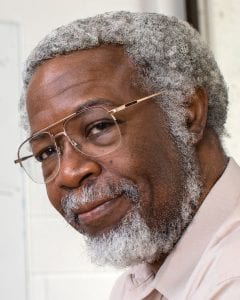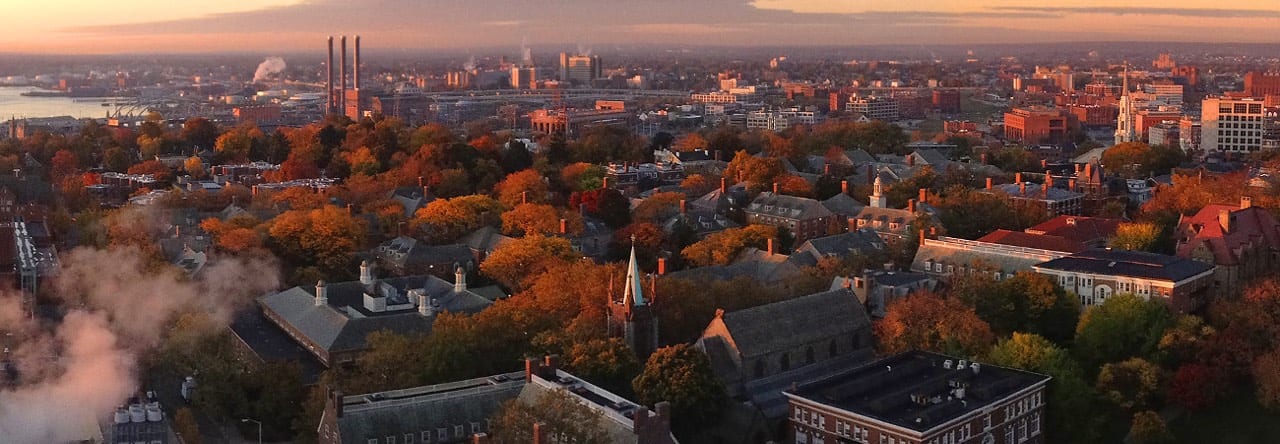 Sylvester James “Jim” Gates, Jr. is a theoretical physicist. In 2017, Gates retired from the University of Maryland and is currently the Brown Theoretical Physics Center Director, Ford Foundation Professor of Physics, an Affiliate Mathematics Professor, and a Faculty Fellow, Watson Institute for International Studies & Public Affairs at Brown University. While at the University of Maryland, College Park, Gates was a University System Regents Professor, the John S. Toll Professor of Physics, the Director of the String and Particle Theory Center, and Affiliate Professor of Mathematics. Gates served on the U.S. President’s Council of Advisors on Science and Technology, contemporaneously on the Maryland State Board of Education from 2009-2016, and the National Commission on Forensic Science from 2013-2016.
Sylvester James “Jim” Gates, Jr. is a theoretical physicist. In 2017, Gates retired from the University of Maryland and is currently the Brown Theoretical Physics Center Director, Ford Foundation Professor of Physics, an Affiliate Mathematics Professor, and a Faculty Fellow, Watson Institute for International Studies & Public Affairs at Brown University. While at the University of Maryland, College Park, Gates was a University System Regents Professor, the John S. Toll Professor of Physics, the Director of the String and Particle Theory Center, and Affiliate Professor of Mathematics. Gates served on the U.S. President’s Council of Advisors on Science and Technology, contemporaneously on the Maryland State Board of Education from 2009-2016, and the National Commission on Forensic Science from 2013-2016.
He is known for his work on supersymmetry, supergravity, and superstring theory. He received two B.S. degrees and a Ph.D. from the Massachusetts Institute of Technology, where his doctoral thesis was the institution’s first on the topic of supersymmetry. In 1984, Gates co-authored Superspace, the first comprehensive book on supersymmetry. He is a past president of the National Society of Black Physicists and an NSBP Fellow, as well as a Fellow of the American Physical Society, the American Association for the Advancement of Science, and the Institute of Physics in the U.K. In 2019, he was elected to the presidential line of the APS where he is currently serving as President-Elect. He is also an elected member of the American Academy of Arts and Sciences and the American Philosophical Society. In 2013, he was elected to the National Academy of Sciences, becoming the first African-American theoretical physicist so recognized in its 150-year history. President Obama awarded Prof. Gates the National Medal of Science at a White House ceremony in 2013.
From 1991 – 1993, Professor Gates was the Chair of the Department of Physics and Astronomy at Howard University and served as the founding director of the Center for the Study of Terrestrial and Extraterrestrial Atmospheres (CSTEA) funded by the National Aeronautics and Space Administration. His tenure also saw the inauguration of efforts leading to MHATTCAT (the Michigan/Howard/ AT& T collaborative access team), to carry research at the synchrotron at the Advanced Photon Source in 1994 supported by the Department of Energy. During the academic years including 2007 and 2013, he served as the Rydell Visiting Professor at Gustavus Adolphus College. During 2015-2016 he was in residence at Dartmouth College as the Roth Distinguished Scholar.
